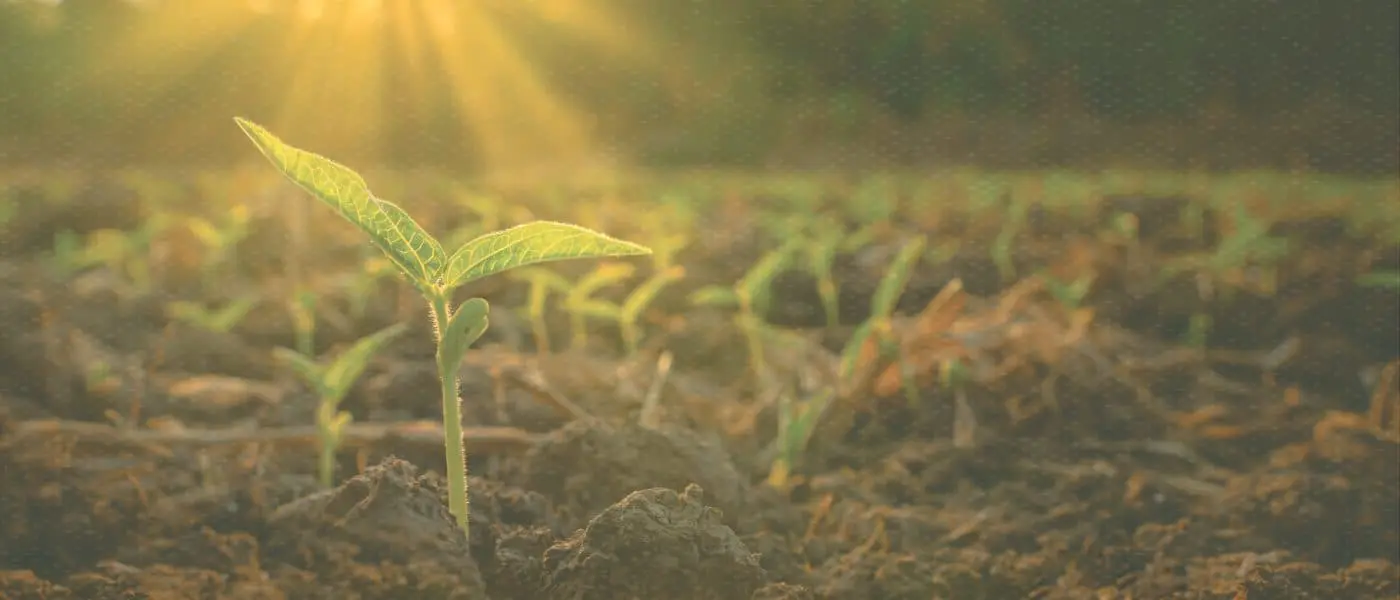 Japan continues to feel aftershocks from the March 11 earthquake and ensuing tsunami that caused more than 25,000 to die or go missing.
Japan continues to feel aftershocks from the March 11 earthquake and ensuing tsunami that caused more than 25,000 to die or go missing.
The quake and tsunami struck a rich farming area, and Japan’s farmers have been hard-hit by the disaster. It is unknown how long it will take (and at what cost) for coastal farmland to be flushed of salt and chemicals and cleared of debris caused by the resulting floods.
Another danger to farmer livelihoods is the radiation leak from the Fukushima Daiichi Nuclear Power Station and the resulting ban of sales of farm products from the region by the Japanese government and internationally. There are more than 70,000 commercial farmers in the Fukushima region.
A 12-mile zone around the nuclear plant was initially evacuated by the government, with more than 10,000 animals left to fend for themselves. That zone has now been extended with the recently escalated radiation danger rating. But many farmers remain–unable to leave behind their animals, they’re risking their own lives to keep their herds alive. A third-generation farmer said, “These cows are like family. I owe my life to them. I know I shouldn’t be doing this, but I can’t accept this situation.”
According to the New York Times, one farmer, Saichi Sato, barred from selling his ready-for-market spinach, may lose the farm that has been in his family since the 1600s. “Even if it’s not safe, I need my fields for my work,” he said. “I have no other place to go. I don’t even want to think about escaping my land.” There are heartbreaking stories about those farmers in the press here and here.
Already at least one farmer has committed suicide. He was reported to have lost his house in the earthquake and had a field of 7,500 organic cabbages ready for harvest when the ban on the sale of vegetables from the area was announced.
A farmer from the village of Iitate quoted in the New York Times said, “If our soil has been contaminated, then agriculture here is dead.” The article goes on to explain that he has already had to throw away 11 tons of milk, worth about $12,000. He said if the nuclear crisis continued, he would be bankrupted in two or three months. Yet he was determined to stay on his farm. In the time since that article, the soil has been confirmed as contaminated. Some farmers now wonder if they will ever be able to sell produce from Fukushima again.
There is concern that many farmers will quit farming. And, as has been the case until just recently in the U.S., the younger generation in Japan increasingly does not want to farm. If elderly farmers quit as a result of this disaster, there may be no young farmers to move onto the land in their place.
As Farm Aid supporters know, farmers always are the first to help their neighbors in need, and farmers across the U.S. are donating grains to the relief efforts in Japan. Recognizing the support of Japan as a major buyer of U.S. crops, farmers are stepping up to help out in Japan’s time of need. They may be half-way across the globe, but to farmers here in the U.S., Japan is our neighbor too.

